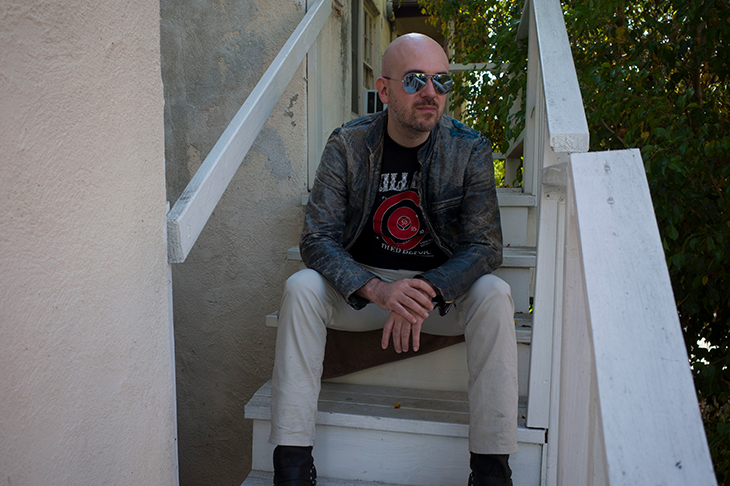An immortal faery queen from a magical gynocratic island arrives in Los Angeles to track down her missing daughter. This is actually the entire plot of a novel entitled Only Americans Burn in Hell. Of course, as in Jarett Kobek’s previous book, I Hate the Internet, the fictional element is a foil, with most of the pages devoted to sociopolitical diatribe laced with various kinds of life writing.
It’s also basically the same diatribe in both books, against a global society in which ‘everyone’s life is still dominated by the whims of the very rich and the social mores of the slightly rich’. Everyone’s to blame: President Trump’s supporters are referred to simply as ‘the Fucking Assholes’, no worse than ‘liberals in the celebrity branch of American governance’ and ‘the faux-left who write books for Rupert Murdoch’. Twitter outrage is ‘a shitty iteration of the Church’. And ‘the socialists are the most annoying people in America’.
But what Kobek really can’t bear are the mechanisms, primarily within both social and mass-market media, through which we persuade ourselves that ‘everything is going to be OK’. His focus in I Hate the Internet was techno-feudalism, whereby everything that happens online — including all social activism — ends up only enriching the oligarchy of platform-owners. Now, it’s Hollywood fantasy movies, which fraudulently dress stories about the ‘unexamined glory of American foreign policy’ and the ‘meaningfulness of war and violence’ in themes of social liberation. So the faery island involves some contemptuous pastiche of Wonder Woman and Black Panther.
‘I’m a terrible writer,’ Kobek advises in the introduction. The prose has a deliberately negligent feel. But the internet is a credible threat to the novel as a form: ‘The only solution was to write bad novels that mimicked the computer network in its obsessions with junk media’ and ‘in its irrelevant and jagged presentation of content’. And the election of a reality-TV star to the US presidency does seem to have stymied satire as we knew it. ‘Reality collapsed into fiction,’ Kobek writes. His faeries are ‘a cracked attempt at the sorry bullshit that people in the Hyperreal actually want to read, which are mindless tales about supra-natural creatures’.
Into the mix comes a mortal prince, also from a faraway kingdom — that of Saudi Arabia. By virtue of his arbitrary wealth, this prince is also a kind of wizard, able to alter reality with a hand gesture. And Kobek, the ‘terrible’ authorial divinity, wields the same power: canceling characters with a sneer and loutishly kicking over his own plot structures. The ‘magical bullshit’ that the faeries exhibit during their visit to LA operates ‘like… a smartphone, but without supplying every stupid fucking detail of your sad little life to the sociopaths who operate megalithic American companies’. It can also frequently ‘solve an intranarrative problem while moving forward the storytelling’.
Kurt Vonnegut is a major influence, but Kobek’s tenor is quite different. The defining idea of this novel is that novels no longer have any value. ‘I’m burnt out,’ he writes. ‘Stop hoping that books will save you. Stop pretending. Everyone else has.’ The prognosis for this approach is at least as bleak as for any other. But, in the meantime, the boundlessness of Kobek’s discontent is somehow captivating. And he isn’t courting any particular constituency or coterie, which alone is a precious quality in the online age.
This article was originally published in The Spectator magazine.

























